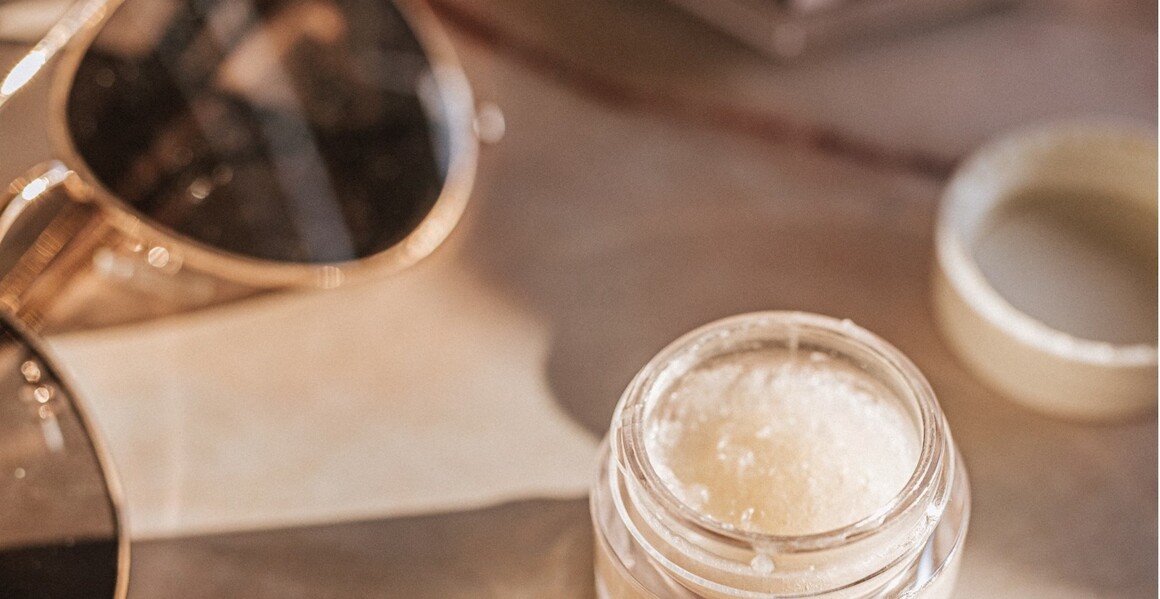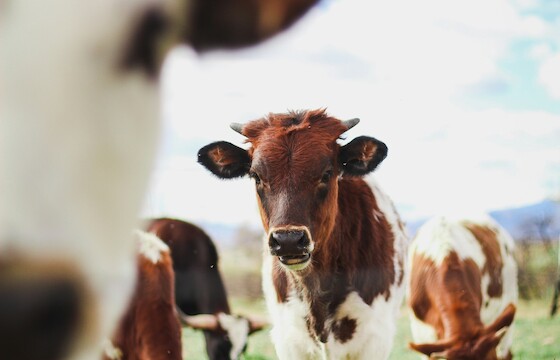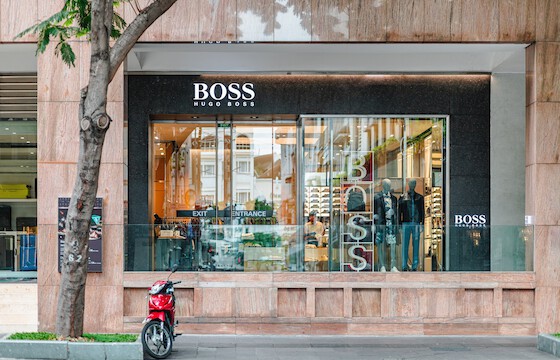1. CASE SUMMARY
A. Summary of facts
This case concerns an unlawful general prohibition against online sale of cosmetics.
Matas was the largest cosmetics chain in Denmark and consisted of both group-owned stores and independent affiliated dealers. The independent dealers were affiliated with Matas on franchise-like terms. Matas had agreements with the independent dealers on the transfer of the right of use of trademarks, logo, business concept, etc. The agreements were a combination of selective distribution and exclusive distribution. This case concerns Matas' guidelines issued to 58 independent stores.
The guidelines to the independent dealers contained the following provision:
"If one or more shop owners wish to create their own website on the Internet (directly or indirectly), the layout and content must be submitted to Matas A/S, Marketing Department, for approval before the site becomes available on the Internet.
There must be no sale of goods via the individual shareholder's website." (free translation).
Matas justified the prohibition by arguing that the online sales from independent dealers would entail a risk of irreparable damage to the image and brand of Matas.
The DCA found that the prohibition against online sales was an illegal restriction of competition in violation of section 6(1) in the Danish Competition Act (equivalent of Article 101 TFEU). Matas accepted to abolish the prohibition and replace it with guidelines for individual dealers’ websites and web shops. On that basis, the DCA found no reason to issue an injunction or otherwise to pursue the matter further.
B. Legal analysis
The DCA first assessed whether the prohibition met the conditions in section 6 in the Danish Competition Act regarding restrictive agreements. As the independent dealers were affiliated with the Matas on franchise-like terms, the stipulated guidelines constituted a vertical agreement. The prohibition of online sales constitutes a restriction of the dealers' sales opportunities and prevents the dealers from competing through alternative sales channels. The DCA stated that according to case law, such a restriction will almost always be a restriction by object, unless the restriction is exempted under the vertical block exemption. The assessment was amongst others based on the Commission's decision of 17 May 2001 in COMP/36.516, Yves Saint Laurent Parfums.
Regarding the vertical block exemption, the DCA found that as Matas' market share was above 30 % and due to the nature of the restriction, the prohibition of online sales entailed an appreciable restriction of competition. The DCA found it to be a hardcore restriction in relation to the block exemption – even before the 2010-VBER.
The DCA concluded that the prohibition did not appreciably affect trade between Member States. Therefore, the DCA only dealt with the case under section 6 of the Danish Competition Act, and not Article 101 TFEU.
By the time of the decision, Matas had already accepted to remove the prohibition against online sales. In dialogue with the DCA, Matas designed criteria for the requirements to design and content of the independent dealers' websites and online sales.





Sign in to post comments